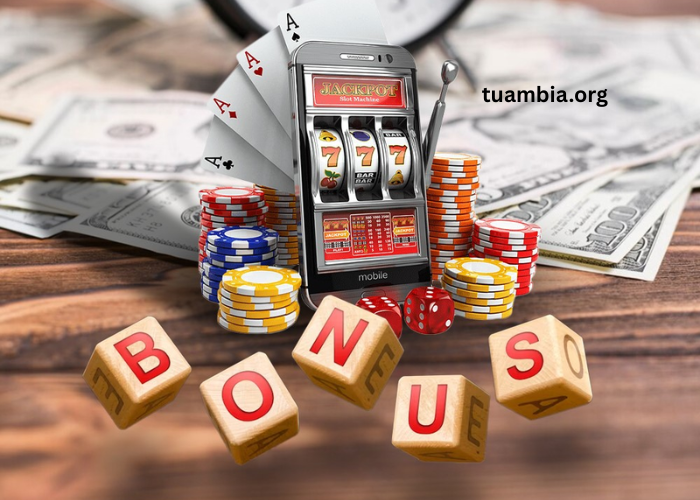I figured I was doing the smart thing. VPNs are supposed to keep you safe online, right? So why wouldn’t I use one while gambling? Turns out that “smart” decision ended up costing me $600 in winnings and got my casino account banned forever. One simple mistake taught me just how seriously casinos take their terms of service.
I started researching other operators afterward, including Vega Dream, trying to understand how widespread these VPN policies really are – turns out virtually every licensed casino has similar detection systems, though most players never realize it until they get caught like I did.
The Setup That Led to Disaster
I’d been playing at this particular casino for eight months without issues. Good games, fast payouts, solid reputation. I usually played from my home computer with no VPN.
That night was different. I was traveling for work and staying at a hotel with sketchy wifi. My company-issued laptop automatically connected through their corporate VPN a standard security protocol for business travel.
I logged into my casino account like always, played a few hands of blackjack, and hit a nice streak. Won about $600 over two hours. I requested a withdrawal and went to sleep feeling pretty good about the night.
Wednesday morning brought a rude awakening. Email from the casino: “Account under security review due to terms of service violation.”
When the Hammer Dropped
The security review took three days. Three days of back-and-forth emails, document submissions, and increasingly nervous checking of my account status.
The final verdict arrived Friday: “Permanent account closure due to VPN usage in violation of Section 3.7 of our Terms of Service. All winnings forfeited.”
$600 gone. Account banned. Eight months of legitimate play history erased because of one session through a work VPN that I didn’t even realize was active.
The kicker? They kept my original deposit from that session, too. Not just the winnings—everything.
Why Casinos Hate VPNs
Casinos get jumpy about VPNs for a few reasons, and none of them care about your good intentions.
First, there’s the licensing mess. A casino with a UK license can’t legally let players from certain countries gamble, even if you’re just passing through on vacation. Your VPN makes it look like you’re breaking those rules.
Then there’s the regulatory stuff. Gaming authorities want to know exactly where players are located for tax purposes and legal compliance. When you mask your location, casinos can’t provide that information to regulators, which gets them in trouble.
But here’s the real kicker: their security systems treat any VPN use as suspicious activity. Doesn’t matter if you’re using it for work or privacy. In their eyes, hiding your location means you’re probably up to something shady.
The Appeals Process (Spoiler: It Doesn’t Work)
I threw everything I had at getting my account back. Explained the work VPN situation. Provided employment verification. Showed travel itineraries proving I was legitimately in that location.
Their response was essentially: “VPN use violates terms regardless of reason. Decision final.”
Most casinos have zero-tolerance policies on VPN usage. They don’t care about your reasons, circumstances, or intentions. Detection equals permanent ban, no exceptions.
The appeals process exists mainly for show. In practice, VPN bans are almost never reversed.
What Happens to Your Money
When casinos ban VPN users, they have several options for handling deposited funds:
Best case: You get your original deposits back, but you forfeit any winnings.
Common case: They confiscate everything—deposits and winnings—citing terms violations.
Worst case: They report you to other casinos in their network, creating a blacklist effect.
The financial implications get worse when you realize these violations can block access to legitimate promotional opportunities, including specialized offers like aviator game promo code rewards that require clean account histories to claim.
Safe Alternatives to VPNs
Dedicated gambling devices: Use a clean device or browser profile exclusively for gambling, with no VPN software installed.
Geographic awareness: Know which countries your casino serves and avoid playing when traveling to restricted jurisdictions.
Split bankrolls: Never keep large amounts in casino accounts if you travel frequently or use VPNs for other activities.
What I Do Differently Now
I completely separate my gambling activity from my privacy tools. No VPNs, no Tor, no location masking of any kind when casino accounts are involved.
For business travel, I simply don’t gamble. The risk of accidental VPN usage or geographic violations isn’t worth it.
When I do play, I stick to casinos licensed in my actual jurisdiction and verify their terms specifically address my location.
The Lesson That Cost $600
VPNs and online gambling don’t mix, regardless of your intentions. Casinos view any location masking as fraudulent behavior and will confiscate your money accordingly.
The privacy and security benefits of VPNs simply don’t apply to gambling sites. The risks far outweigh any potential benefits, and the financial consequences of detection are severe.
That $600 lesson taught me to read terms of service carefully and understand that casino security systems are designed to be suspicious, not understanding. When in doubt, don’t risk it.






